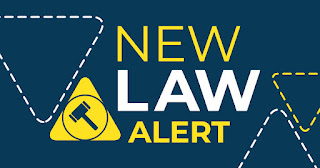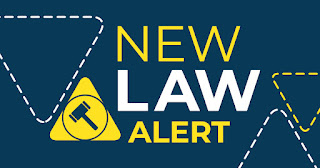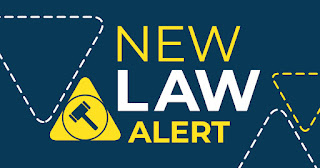Write down December 21, 2021 as the date that real estate brokerage was changed forever in NYS. That is when S2131A was signed into law and became effective.
If you are a real estate salesperson or an associate real estate broker at a brokerage firm that is unaware of this new law, it's time to change brokers.
This law requires your broker to institute standardized operating procedures for the prerequisites prospective homebuyers shall meet and to submit such procedures to the Department of State.
If procedures are changed, whatsoever, the new procedures shall be submitted within 30 days of the change.
Plus, the law requires the Secretary of State to promulgate regulations and the combined law / regulations shall, at a minimum, require brokerages to have a policy as to:
- Whether prospective clients shall show identification;
- Whether an exclusive broker agreement is required; &
- Whether pre-approval for a mortgage loan is required.
If you are a salesperson who is operating under a brokerage's license that fails to satisfy this new submission of procedures requirements, or if you fail to follow the procedures, you are subject to a license law violation and penalty, including revocation or suspension of your license.
This is very serious and will also work as important evidence in any and every fair housing / discrimination litigation moving forward.












